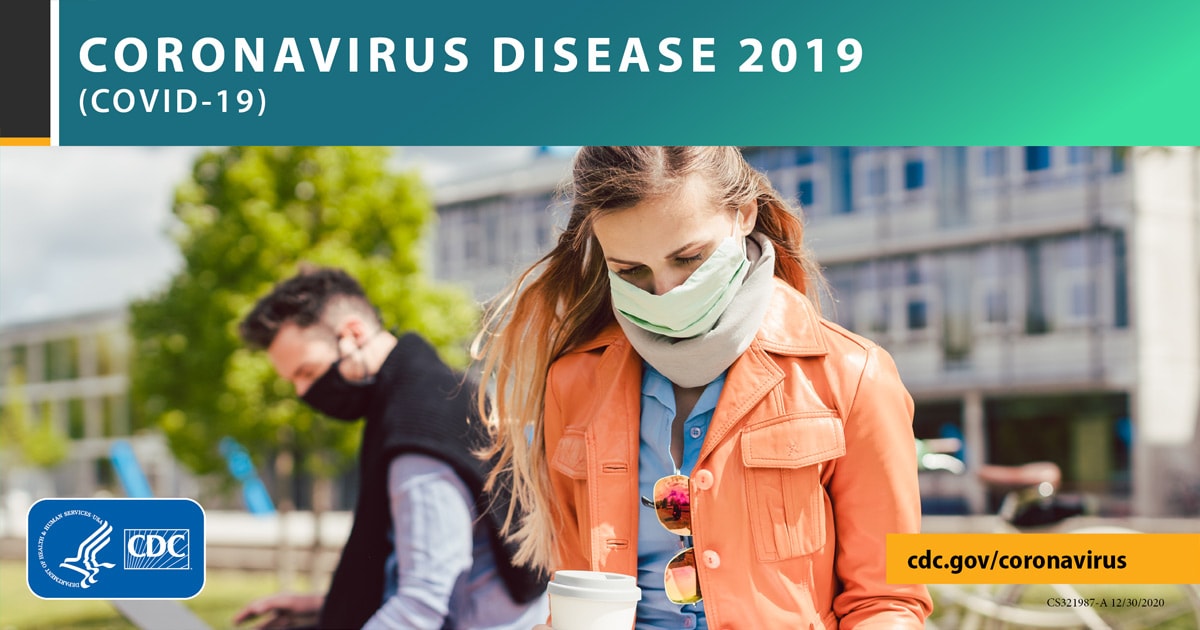TOLEDO, Ohio — While many children have had COVID-19 without any symptoms, some nearly die.
Easton Westbrook, 7, of Lyons, incredibly survived a life-threatening infection, a complication of COVID-19 called MIS-C or Multi-System Inflammatory Syndrome in Children.
His mother, Stacie Westbrook, says it all started on a Thursday. Easton had a very high fever, 104 or 105 degrees, and it wouldn't come down. He complained of abdominal pain.
They went to the doctor, where he was tested for COVID-19 and influenza. The flu test returned a negative result and they were sent home to wait for the COVID-19 results.
But, Easton's condition worsened. The fever didn't go down and he developed a rash, had diarrhea and vomited. He tested positive and was treated for strep throat.
He only got worse.
They went to the emergency room that Sunday and were immediately transferred to Toledo Children's Hospital where the family learned how seriously sick Easton was.
"So, they take us back to the Intensive Care Unit and his breathing starts getting worse," said Westbrook.
Doctors put him on oxygen, but his condition still continued downhill.
"The next morning, they said he was getting worse and he was in heart failure. So, they started all these meds on him. He probably had 10 different drips running, two different heart medications," she said.
Easton spent five days unconscious on a ventilator in the ICU while doctors gave him steroids and COVID-19 antibodies.
It turns out, he had MIS-C. According to JAMA, roughly 2,000 children have had MIS-C, but the number is likely much higher. With MIS-C, the heart, lungs, kidneys, brain, skin, eyes or abdominal organs become inflamed.
RELATED: 'COVID is never done with you,' Michigan teen treated for rare syndrome linked to coronavirus
Easton's parents didn't even know he had COVID-19 in the first place. His doctors say he probably was COVID-19 positive two to four weeks earlier, with no symptoms.
"It's really striking because they have a fever, they look a little bit sick and then 24 hours later, 48 hours later, they're much sicker," said Mercy Health Pediatric Cardiologist Dr. Ernest Siwik, who did not treat Easton.
"Unfortunately, it can take awhile to figure out that this is, what it may be. As we've gotten more experience with it, certainly over the past year or so, it's been a little easier to diagnose since we know what we're dealing with."
Dr. Siwik says it's been a learning curve to figure out how to treat these children who get so seriously ill. Just like in Easton's case, anti-inflammatory steroids and COVID-19 antibodies seem to be the right combination. However, there's not enough information yet on the long-term impact, especially on the heart.
"From my standpoint, the issue is the heart and the inflammation and whether any cells have been damaged and whether any of the arteries that supply blood to the heart have been damaged," said Siwik.
According to the U.S. Centers for Disease Control and Prevention, symptoms of MIS-C include, but are not limited to: persistent high fever, abdominal pain, diarrhea, vomiting, rash, trouble breathing and worsening symptoms.
Westbrook still can't believe her son became so sick and then recovered so quickly, in just a matter of weeks.
"That night, they put him on the ventilator. His lungs weren't working and we just sat there with the chaplain and just prayed and prayed and prayed," she said. "It's like you go from thinking about a funeral and how you're gonna tell his little sister to, like, the next day, everything kept climbing up and getting better."
Easton's a little slower these days and gets tired quicker.
But, she says his spitfire personality has returned in all its glory.
Easton will follow up with a cardiologist for several months to make sure there are no long-term issues.
And, an infectious disease specialist will be in contact so doctors can learn from his case to help other children.
READ MORE:


